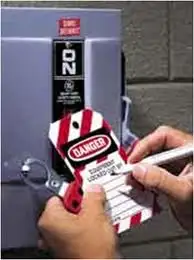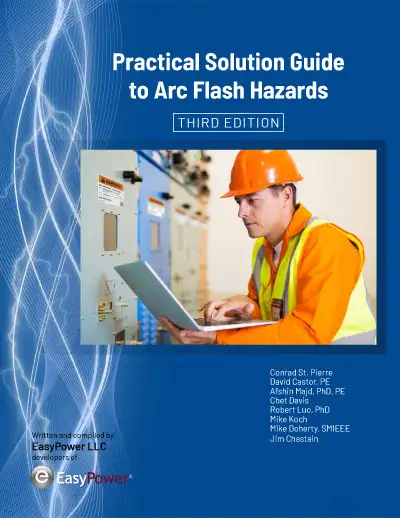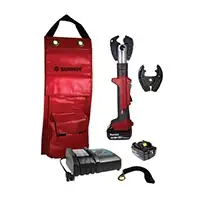Electrical Safety Tips Prevention
By Frank Baker, Associate Editor
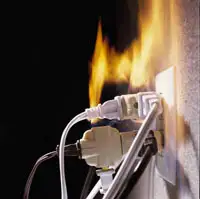
NFPA 70e Training
Our customized live online or in‑person group training can be delivered to your staff at your location.

- Live Online
- 6 hours Instructor-led
- Group Training Available
Download Our OSHA 4475 Fact Sheet – Being Aware of Arc Flash Hazards
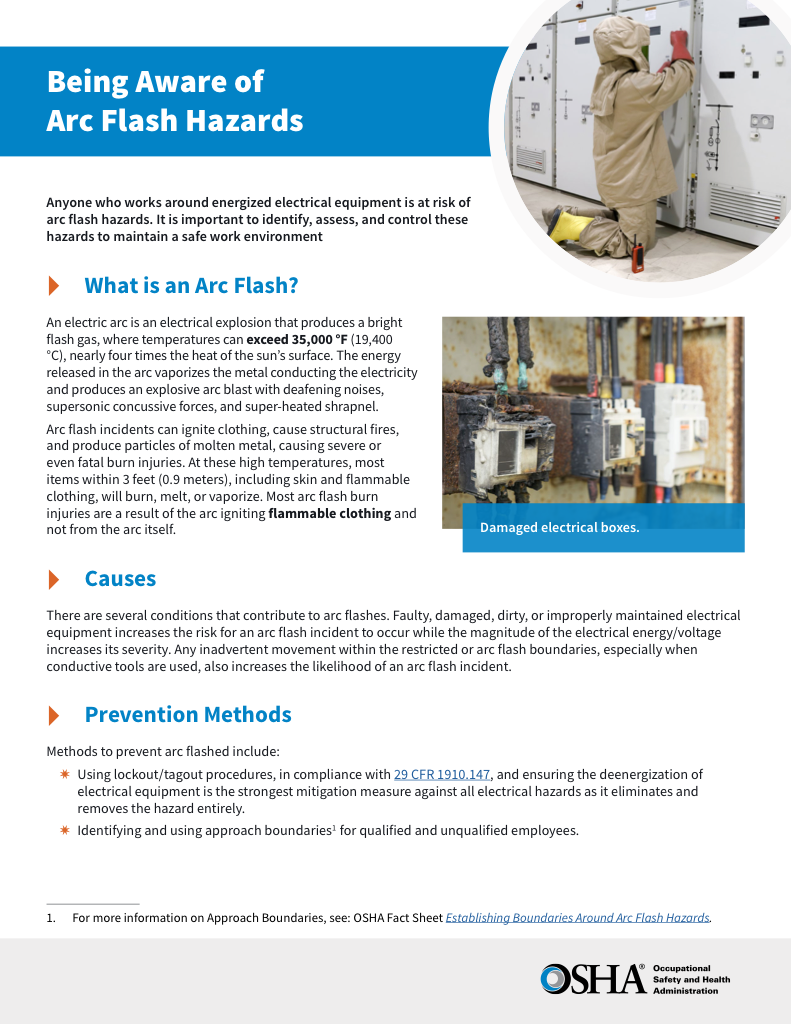
- Identify root causes of arc flash incidents and contributing conditions
- Apply prevention strategies including LOTO, PPE, and testing protocols
- Understand OSHA requirements for training and equipment maintenance
Electrical safety tips help prevent shock, fire, and accidents by guiding safe use of electricity. Following protective practices with equipment, circuits, and wiring reduces the risk and ensures compliance with workplace and home safety regulations.
What are the Best Electrical Safety Tips?
Electrical safety tips are practical guidelines that protect people and equipment from hazards in power systems by promoting awareness, safe practices, and compliance with standards.
✅ Prevent electric shock, arc flash, and fire hazards
✅ Encourage safe tool use, wiring, and protective equipment
✅ Support compliance with NFPA, OSHA, and industry standards
Request a Free Training Quotation
Quick Electrical Safety Tips Checklist
Here are ten must-do practices to reduce electrical hazards:
-
Inspect wiring, outlets, and cords on a regular basis.
-
Test ground fault circuit interrupters (GFCIs) often.
-
Avoid overloading outlets or extension cords.
-
Use properly rated PPE for arc flash and shock protection.
-
Ensure appliances and systems are properly grounded.
-
Follow lockout/tagout (LOTO) procedures before maintenance.
-
Keep power panels accessible and labelled.
-
Replace damaged cords and connectors immediately.
-
Train employees on recognizing hazards and responding safely.
Common Hazards and Prevention
Shock and Contact Hazards
Electric shock is one of the most common risks associated with this activity. Effective shock protection methods include using GFCIs in damp areas, proper grounding, and clear labelling of energized parts. NFPA 70E defines approach boundaries, which specify the minimum distances to prevent accidental contact. These measures form the foundation of energy contact prevention in workplaces. Understanding the dangers of arc blasts and related arc flash injuries underscores the importance of consistent safety practices and proper training for all qualified power workers.
Fire Risks
Fires often result from overloaded circuits, faulty wiring, or poor equipment maintenance. Using properly rated breakers with overcurrent protection, along with periodic circuit breaker coordination studies, helps reduce the risk of overheating. Facilities should also verify short circuit protection to prevent dangerous fault currents from causing fires.
Test Your Knowledge About Arc Flash!
Think you know Arc Flash? Take our quick, interactive quiz and test your knowledge in minutes.
- Instantly see your results and score
- Identify strengths and areas for improvement
- Challenge yourself on real-world electrical topics
Arc Flash Safety
Arc flash is one of the most hazardous arc flash events, with temperatures exceeding 35,000°F and the potential to generate pressure waves and cause shrapnel. Risk assessments, as defined in NFPA 70E and CSA Z462, utilize hazard categories and incident energy tables to guide the selection of PPE. Every facility should conduct a formal risk assessment procedure that evaluates equipment, fault current, and protective device settings to ensure optimal safety. This process ensures the reduction of safety hazards and compliance with relevant standards. For more details on protective clothing, see our Arc Flash PPE Clothing guide.
Ground Fault Circuit Interrupters (GFCI)
GFCIs detect ground faults and cut power before shocks occur. Install them in kitchens, bathrooms, and outdoor outlets. Testing them monthly is critical to ensure they provide reliable protection. Install GFCI protection in areas where water and electricity are in close proximity, such as kitchens, bathrooms, and outdoor outlets. Regularly test GFCIs to ensure they are functioning correctly.
Safely Using Power Cords and Extension Cords
Power cords and extension cords should be used cautiously. Always inspect cords for damage before use. Avoid overloading and never run cords under rugs or doorways. Good placement practices help prevent both tripping hazards and overheating.
Maintenance and Inspection
Regular maintenance reduces the likelihood of failure. Inspections should include insulation resistance (IR) testing, thermal imaging, and continuity checks. Many facilities also perform arc flash assessment studies, which analyze hazards and recommend protective measures. These evaluations are crucial in determining safe working distances and ensuring that only qualified workers perform tasks near energized parts.
Lockout/Tagout (LOTO)
A critical part of safety is lockout/tagout; OSHA’s 29 CFR 1910.147 standard outlines the procedures required to control hazardous energy during maintenance. Before performing energized work, always perform Lockout Tagout:
-
Shut down equipment.
-
Isolate energy with lockout devices.
-
Tag equipment clearly.
-
Verify de-energization with voltage testing.
When work must be performed while the equipment is energized, an Energized Work Permit (EWP) is mandatory. This document ensures the task is reviewed, justified, and carried out with appropriate PPE and boundaries.
Adherence to Codes and Standards
Compliance with NFPA 70E, CSA Z462, and OSHA ensures safe approach distances, defined hazard categories, and PPE selection. Consult licensed professionals to verify that systems meet these codes and incorporate the latest best practices.
Personal Protective Equipment (PPE)
Workers exposed to arc flash hazards must use PPE appropriate to the job. This includes voltage-rated gloves, arc-rated clothing, insulated tools, and face shields. Proper PPE, combined with shock protection methods and procedural controls, significantly reduces risks.
Related Articles:






